| ||||||||||||||||||||||||||||||
| ||||||||||||||||||||||||||||||
| ||||||||||||||||||||||||||||||
| ||||||||||||||||||||||||||||||
| ||||||||||||||||||||||||||||||
| ||||||||||||||||||||||||||||||
miércoles, 27 de marzo de 2019
Genetics - Mar 27, 2019 Edition | Medical News | Medical Articles
Medical News | Medical Articles
Suscribirse a:
Enviar comentarios (Atom)

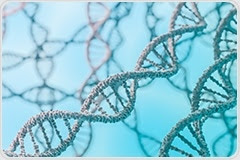
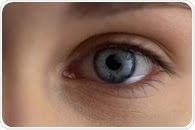
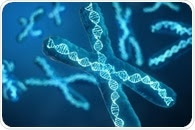
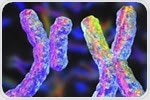
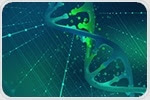
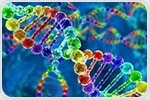
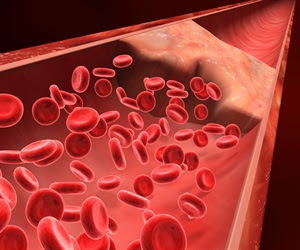
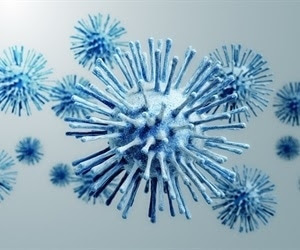
































No hay comentarios:
Publicar un comentario